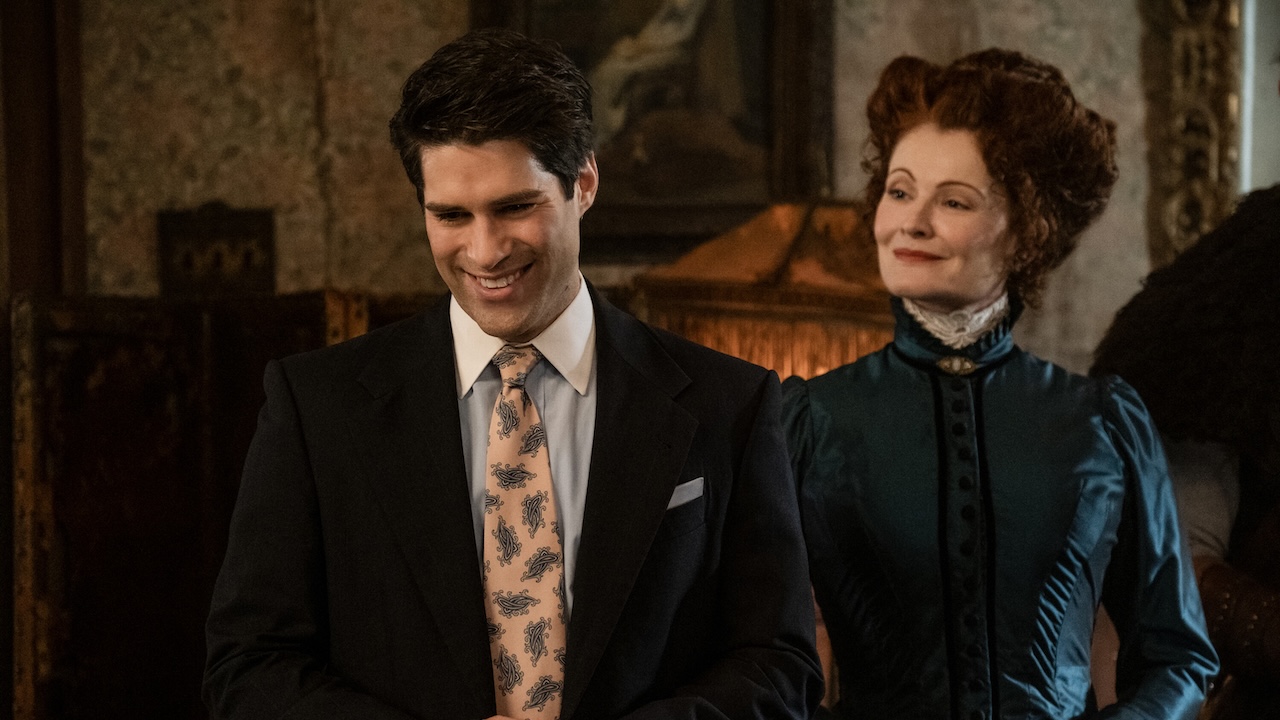27 Classic Movies That Were Box Office Flops
Slow and steady wins the race.
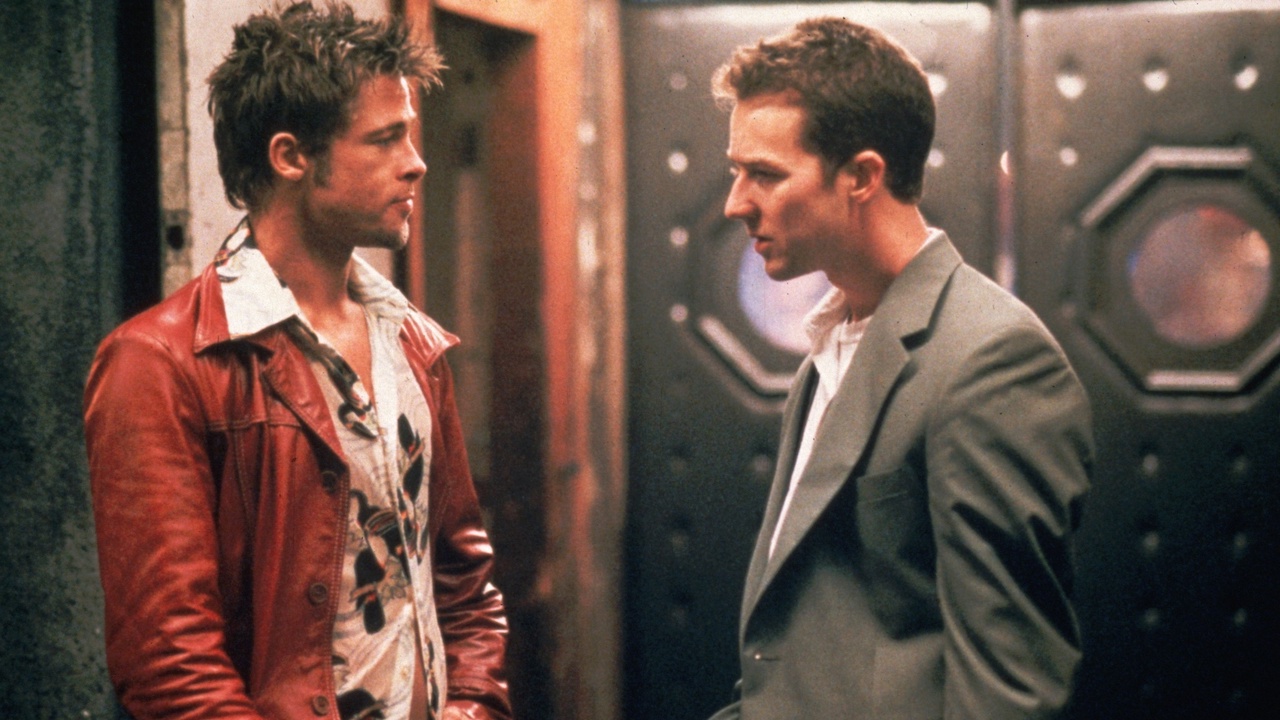
Every weekend, Hollywood’s biggest releases compete with one another to be the biggest hit at the box office, but when you look at things from a more long term perspective, you realize that a movie’s success is not always measured by the dollar amount. You might be surprised to learn that some films — despite how much they are cherished by audiences and hailed by critics to this day — were not what you would call a financial success when they first came out. Take, for example, these box office flops that you may consider to be a hit in your own heart.
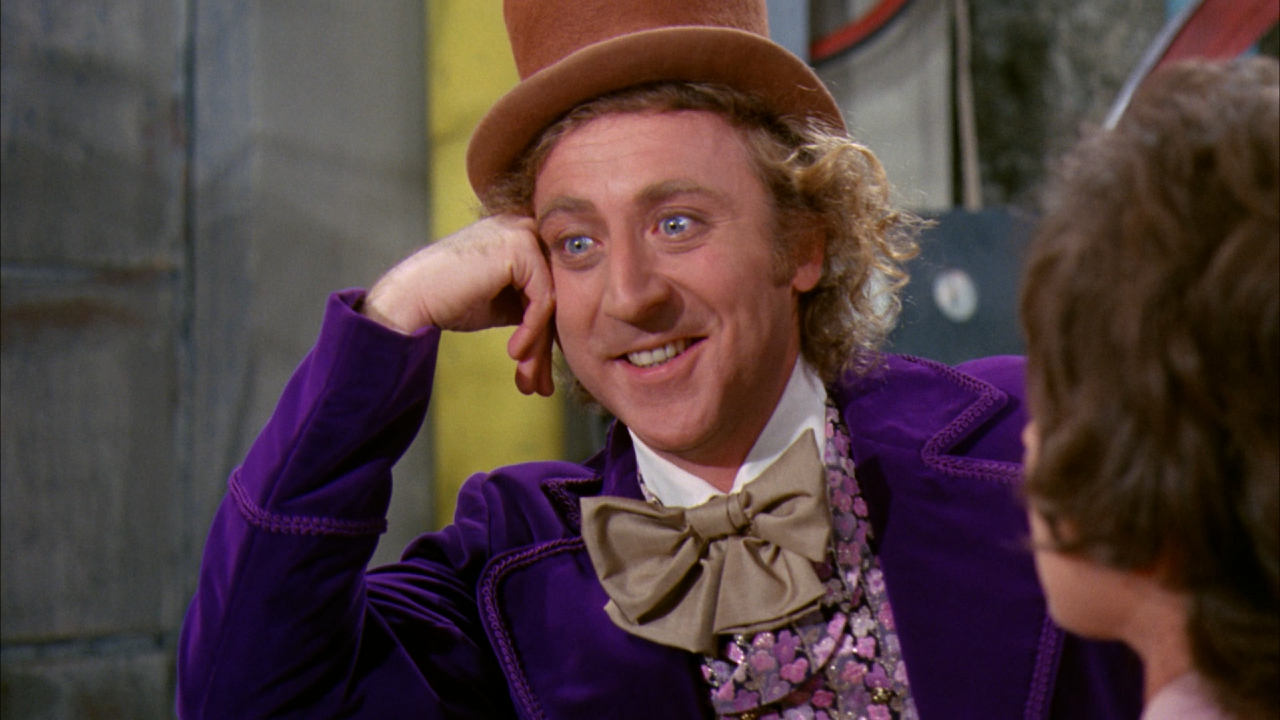
Willy Wonka And The Chocolate Factory (1971)
Just about the most beloved adaptation of a Roald Dahl novel is this wondrously delicious favorite starring the late, great Gene Wilder as an eccentric chocolatier who invites five children to tour his legendary factory. However, according to The Numbers, the success of Willy Wonka and the Chocolate Factory was not so sweet early on as the $3 million production only made a little more than $1 million in profits at the box office.

Annihilation (2018)
Alex Garland made a strong directorial debut with 2014’s Ex Machina -- which made more $25 million on a $15 million budget — but his follow-up did not quite inspire the same returns. While certainly a critical success, his Natalie Portman-led adaptation of the surreal sci-fi novel, Annihilation, was a few million shy of making back its $40 million budget, raking in just $32.7 million domestically, according to Box Office Mojo.
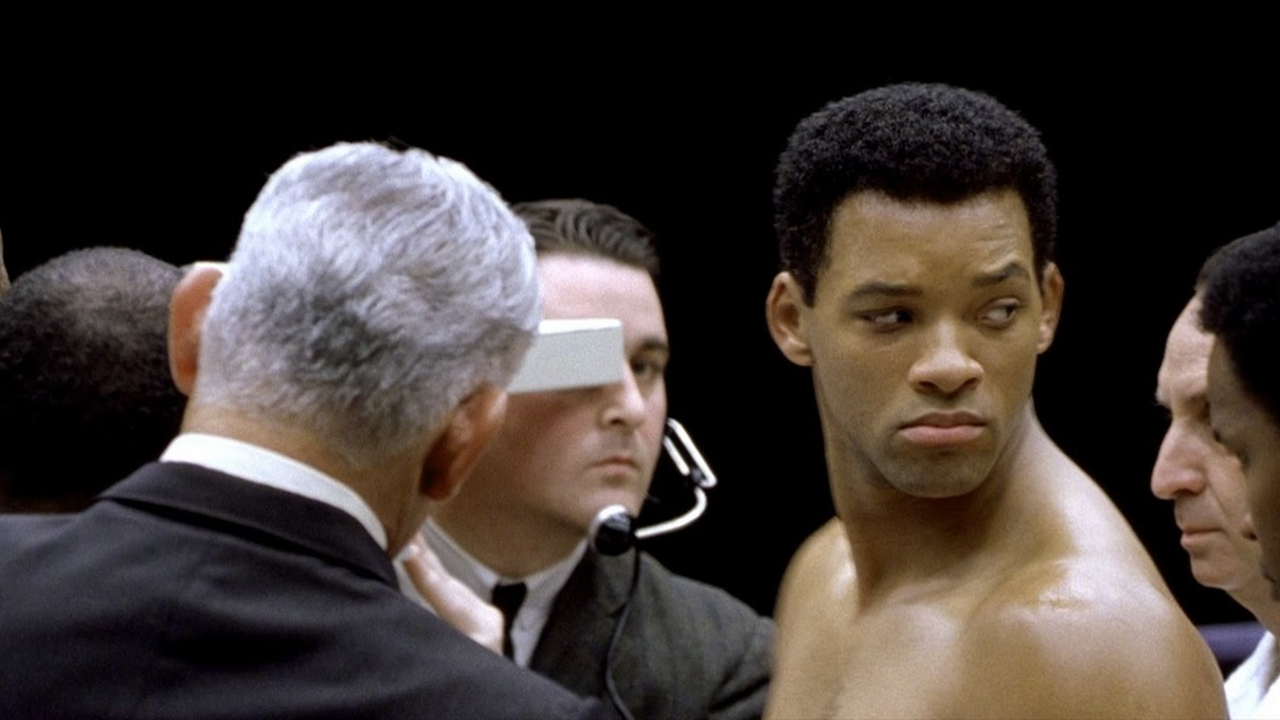
Ali (2001)
Director Michael Mann’s dramatization of Muhammad Ali’s life was a major milestone for the lead actor's career (and is still considered one of Will Smith's best movies) from a performance standpoint — his portrayal of the boxing champ earned him his first Oscar nomination — but not from a commercial standpoint. Ali made $58.2 million domestically, just barely matching even half of its $107 million budget.
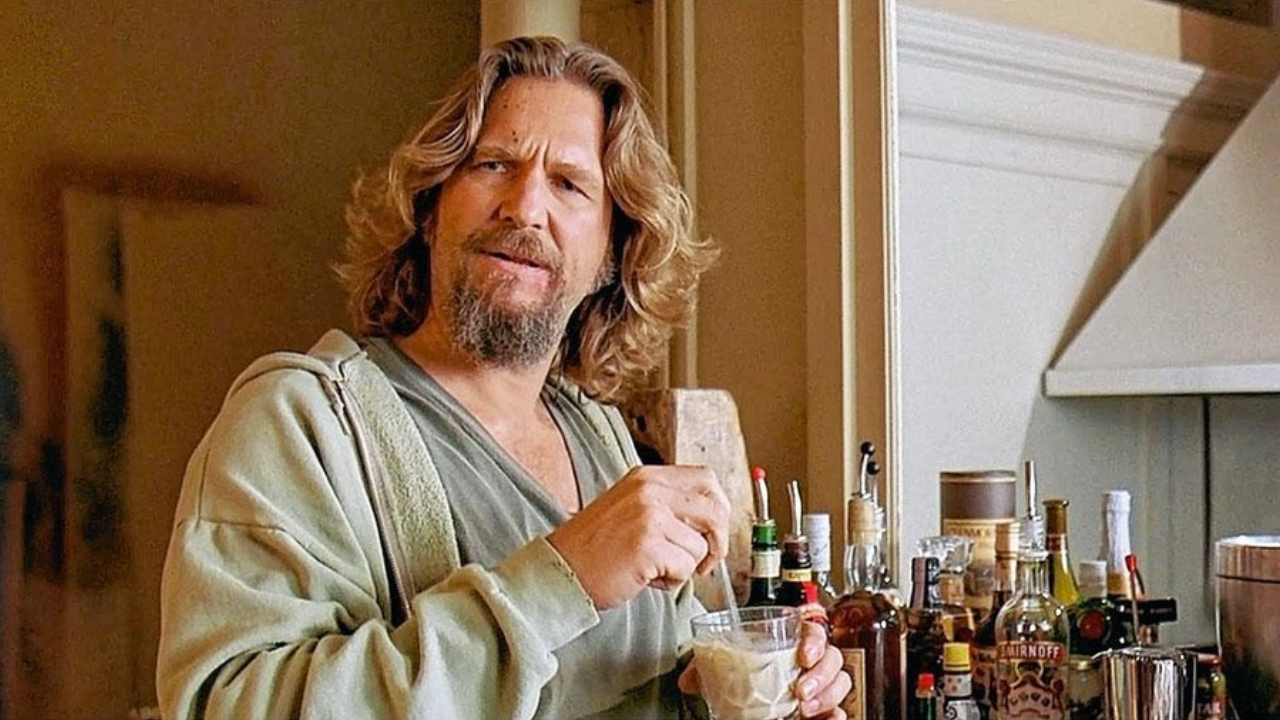
The Big Lebowski (1998)
By crafting a traditional film noir story but with an aimless, aging pothead protagonist (Jeff Bridges), the Coen Brothers created one of the most worshipped films of their career and most popular comedies of all time. However, The Big Lebowski’s road to success was long one, having cost 15 million bones to make, but only turning in a not-so-far-out profit of more than $3 million dollars.
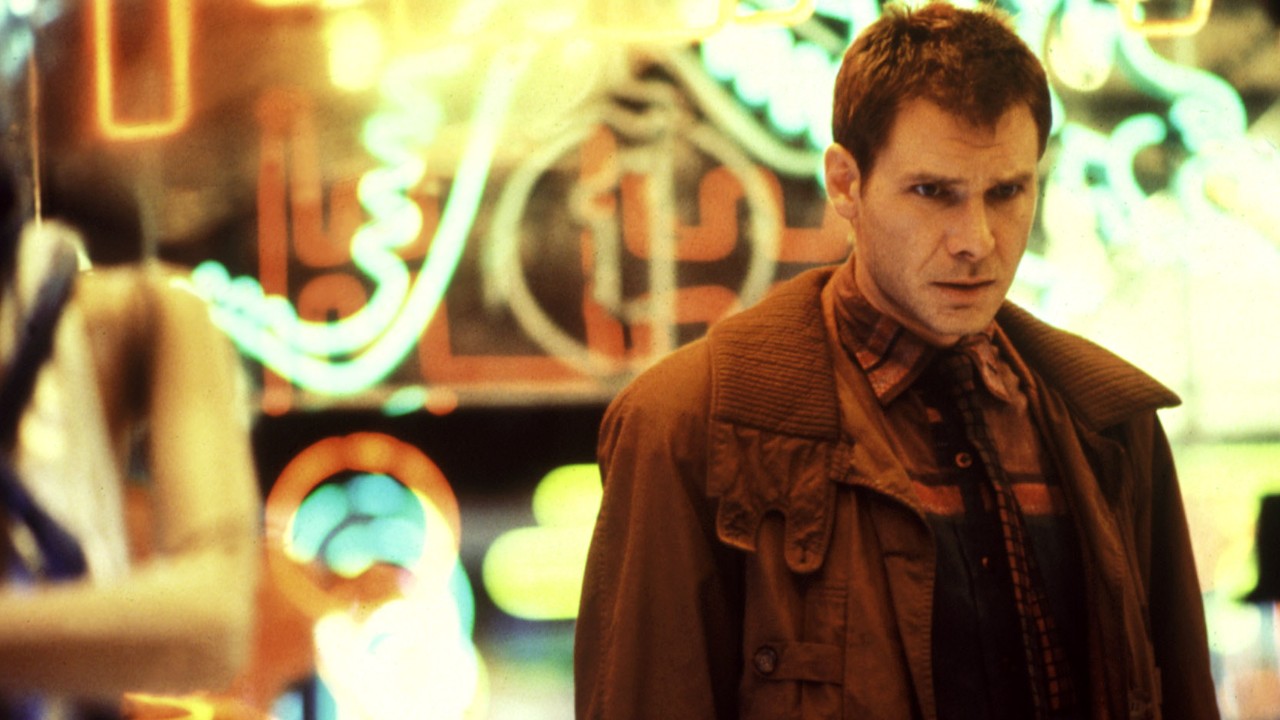
Blade Runner (1982)
Ridley Scott’s adaptation of Phillip K. Dick’s dystopian mystery novel, Do Androids Dream of Electric Sheep?, is just about as influential to sci-fi cinema as Star Wars, but was certainly not the runaway success that said 1977 epic was. Even with a star like Harrison Ford in the lead as a cop hunting artificially created humans, Blade Runner only surpassed its $28 million budget by nearly $5 million domestically.
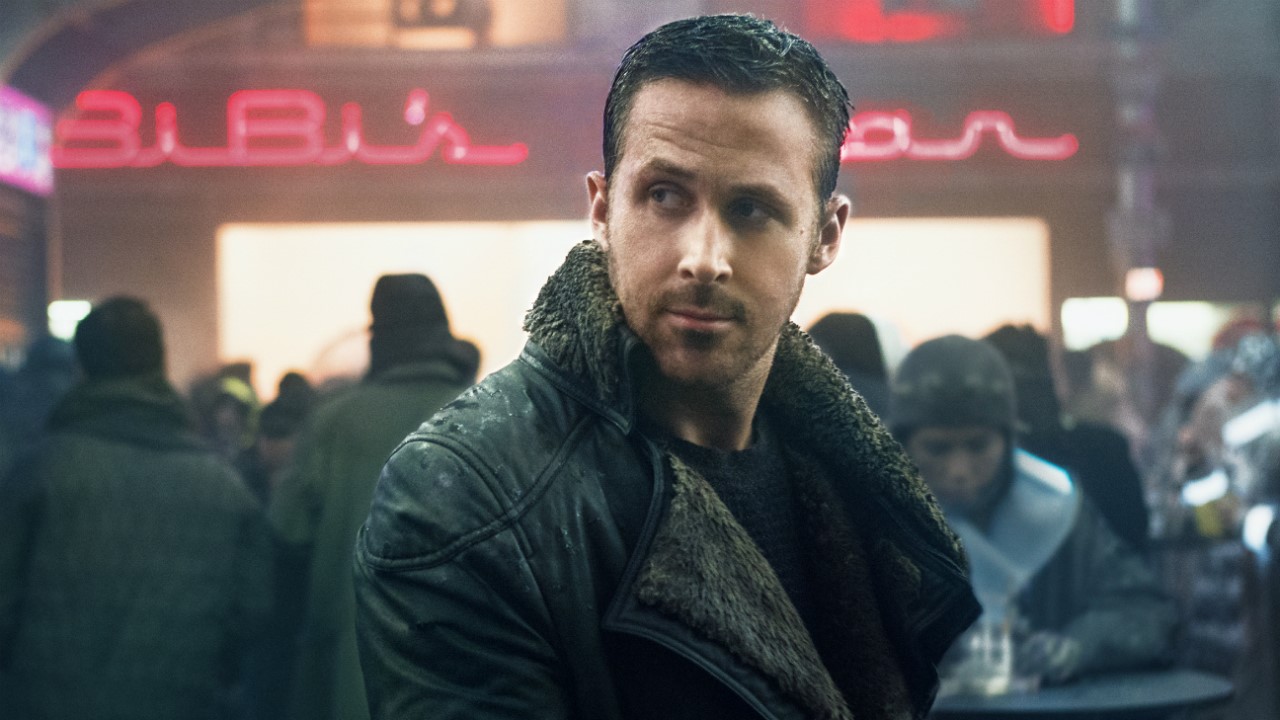
Blade Runner 2049 (2017)
Denis Villeneuve’s long-awaited follow-up to Blade Runner — in which Harrison Ford reprised his role as Rick Deckard alongside Ryan Gosling as K — is regarded by many as an improvement on its predecessor in some ways, but would suffer a worse fate at the domestic box office. Blade Runner 2049 is estimated to have cost $150 million, but only brought in a little over $92 million.
Your Daily Blend of Entertainment News
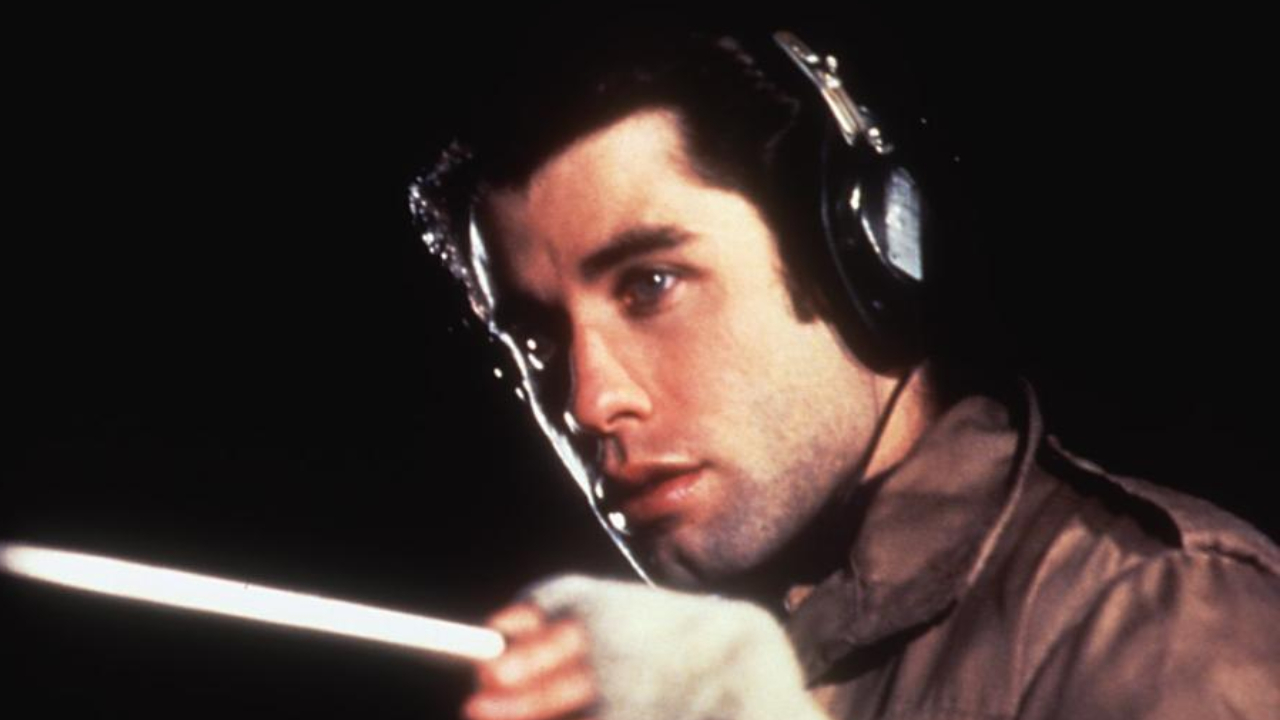
Blow Out (1981)
Both director Brian De Palma and star John Travolta can cite Blow Out as one of the biggest bombs of their careers, having made $12 million on an $18 million budget (which was low even for the standards at the time). However, this suspense thriller about a movie sound recordist who uncovers life-threatening evidence to a murder has since been regarded by many — including Quentin Tarantino, as recalled by Studio Binder — as a vastly underrated classic.
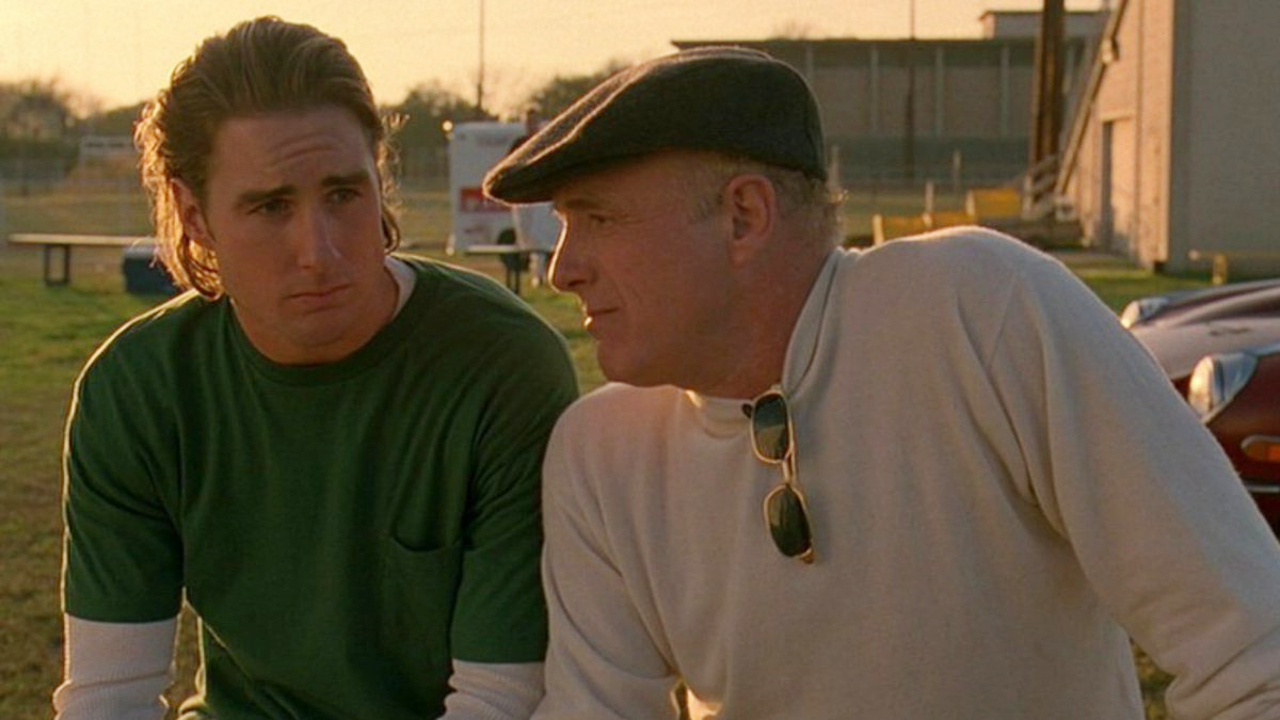
Bottle Rocket (1996)
Wes Anderson’s directorial debut, Bottle Rocket — a funny tale of three amateur thieves that he also wrote with star Owen Wilson — marks an interesting time in the prolific filmmaker’s career. In addition to being a far cry from the quirky, retro aesthetic that has defined his career since, it remains his biggest commercial failure, making only $560,069 on an estimated $7 million budget.
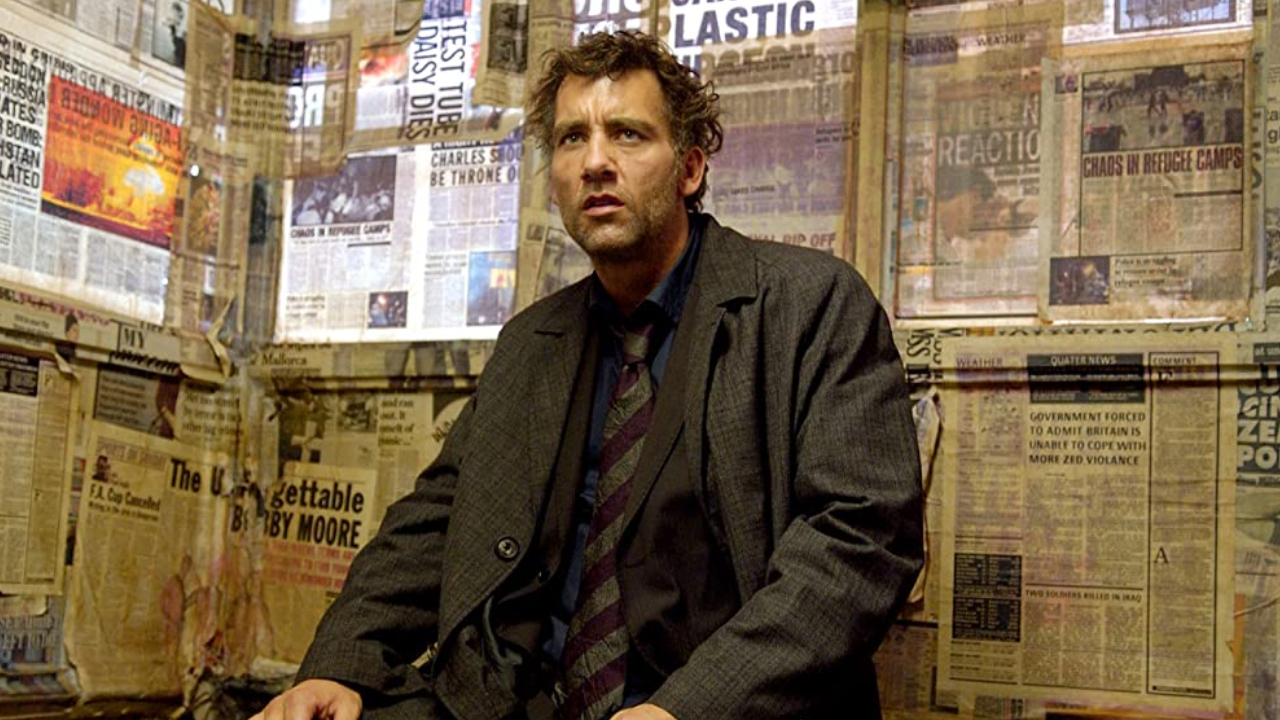
Children Of Men (2006)
While some argue it is Alfonso Cuaron’s magnum opus, Children of Men is one of the filmmaker’s least commercially successful films. Now, that may not sound like too much of a loss to the director of one of the best Harry Potter movies and Gravity, until you learn that the bleak dystopian drama’s budget was $76 million and it only raked in $35.5 million domestically
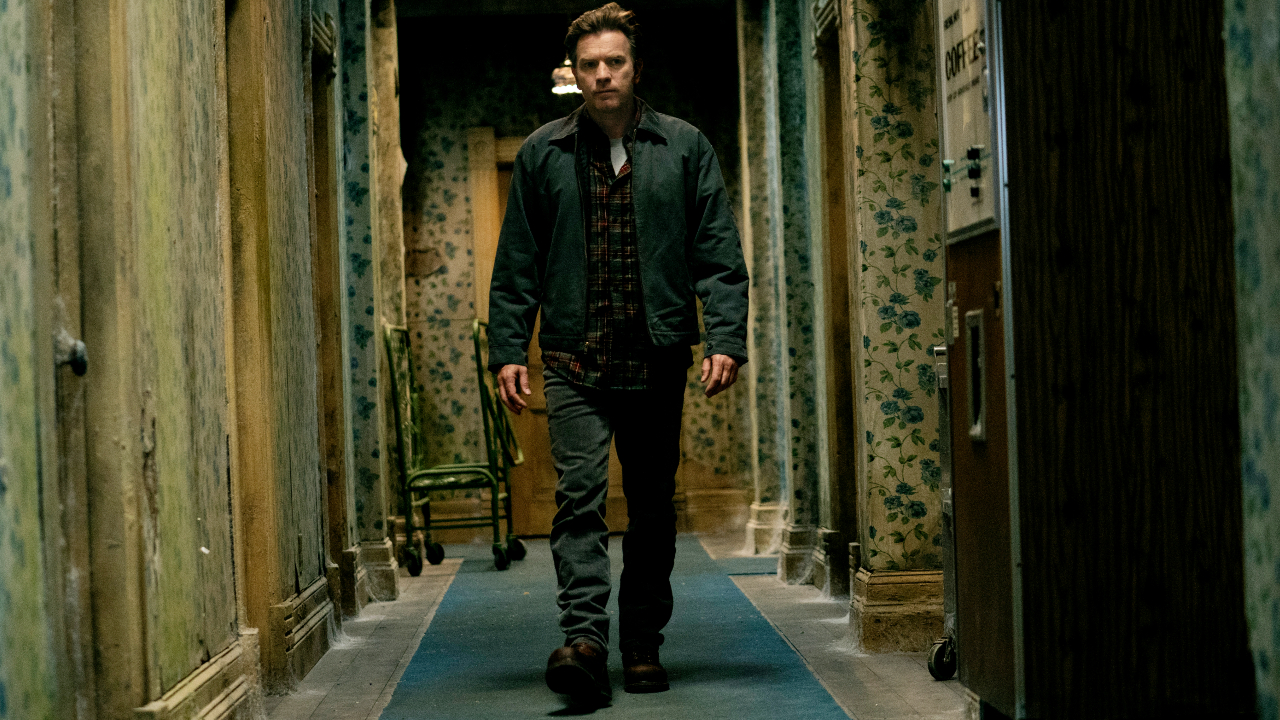
Doctor Sleep (2019)
While Stanley Kubrick’s 1980 adaptation of Stephen King’s The Shining — one of the best horror movies ever — was not a runaway success, it at least went on to make more than $45 million on a $19 million budget. However, Mike Flanagan’s stunning sequel, Doctor Sleep — following an adult Danny Torrance (Ewan McGregor) — was not so fortunate, being made for $45 million, but only earning about $31.5 million.
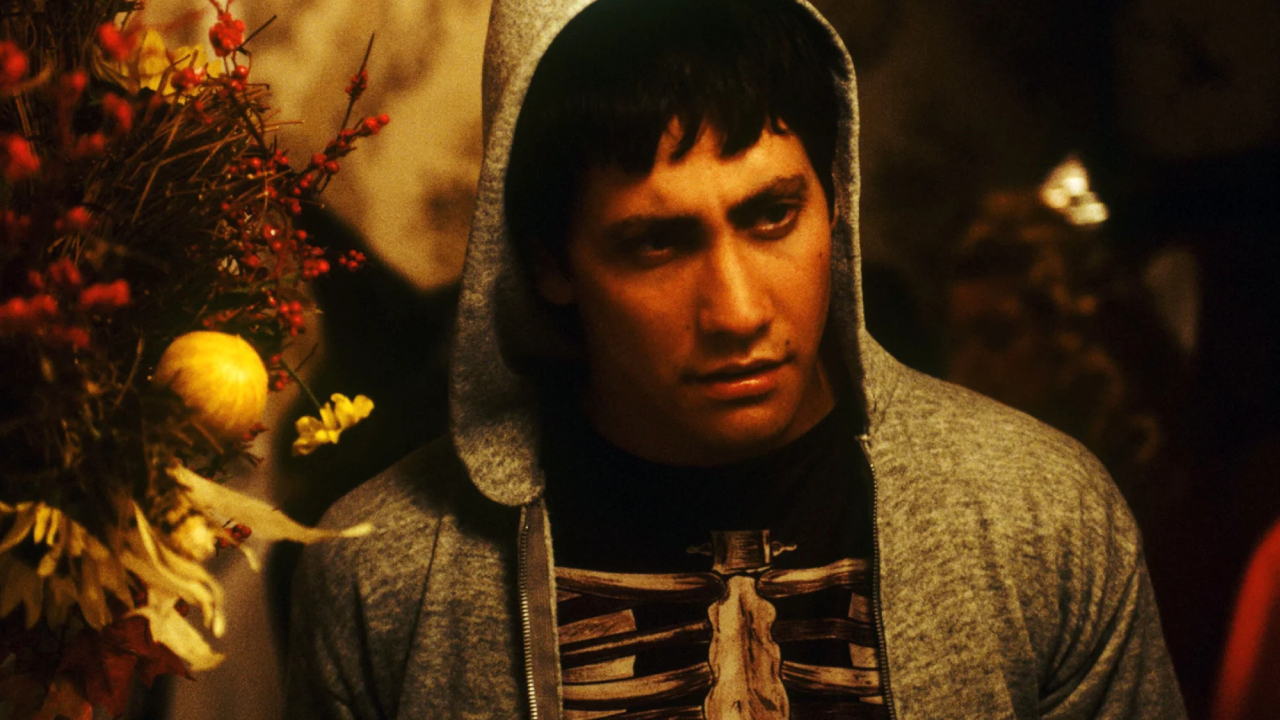
Donnie Darko (2001)
Writer and director Richard Kelly’s mind-bending, $6 million debut, Donnie Darko — starring Jake Gyllenhaal as the troubled titular teen — had some help achieving theatrical distribution from none other than Christopher Nolan. However — while it is widely beloved now for its inventive concepts and bizarre imagery — it proved to be a major financial disappointment, only making $517,375 domestically.
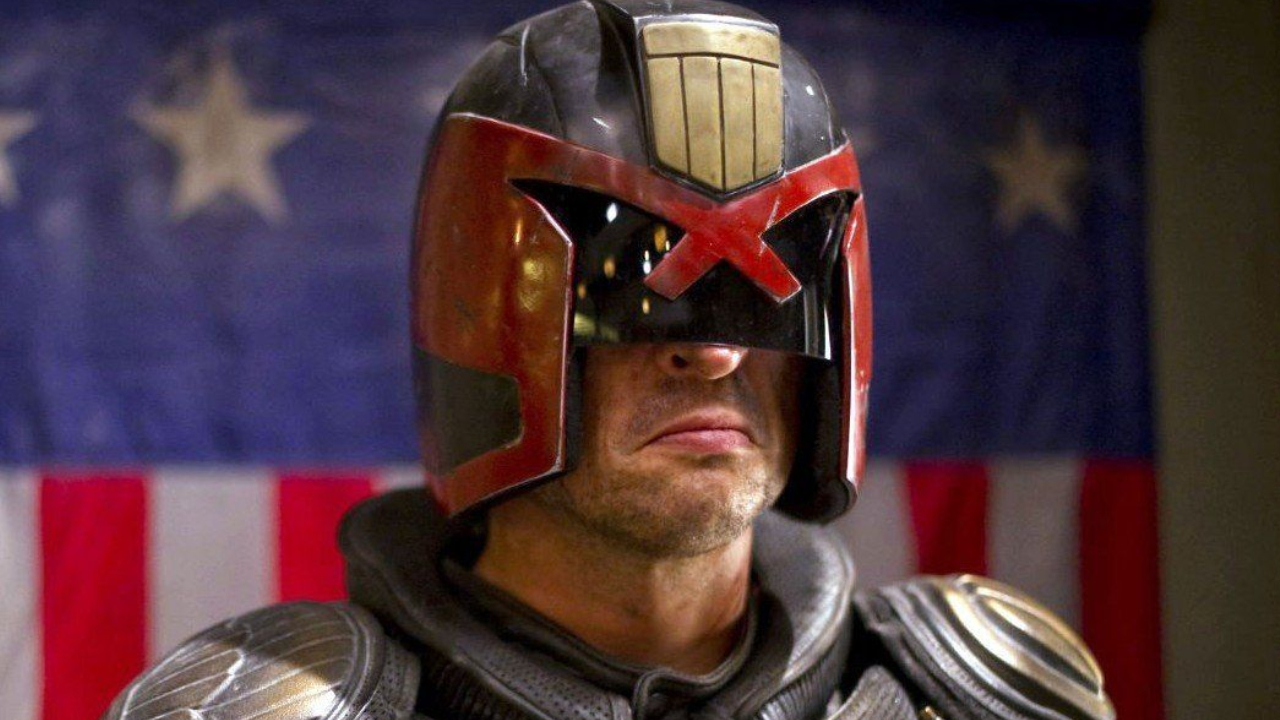
Dredd (2012)
There was a time when even the best R-rated comic book movies were still considered a big risk, and the disappointing financial returns of the Karl Urban-led cult favorite, Dredd — which made only $13.4 million on a $50 million budget — are a prime example of why. The original Sylvester Stallone-led adaptation of the dystopian comic, Judge Dredd, was not much of a success either, being made for $90 million but not even making back half domestically.
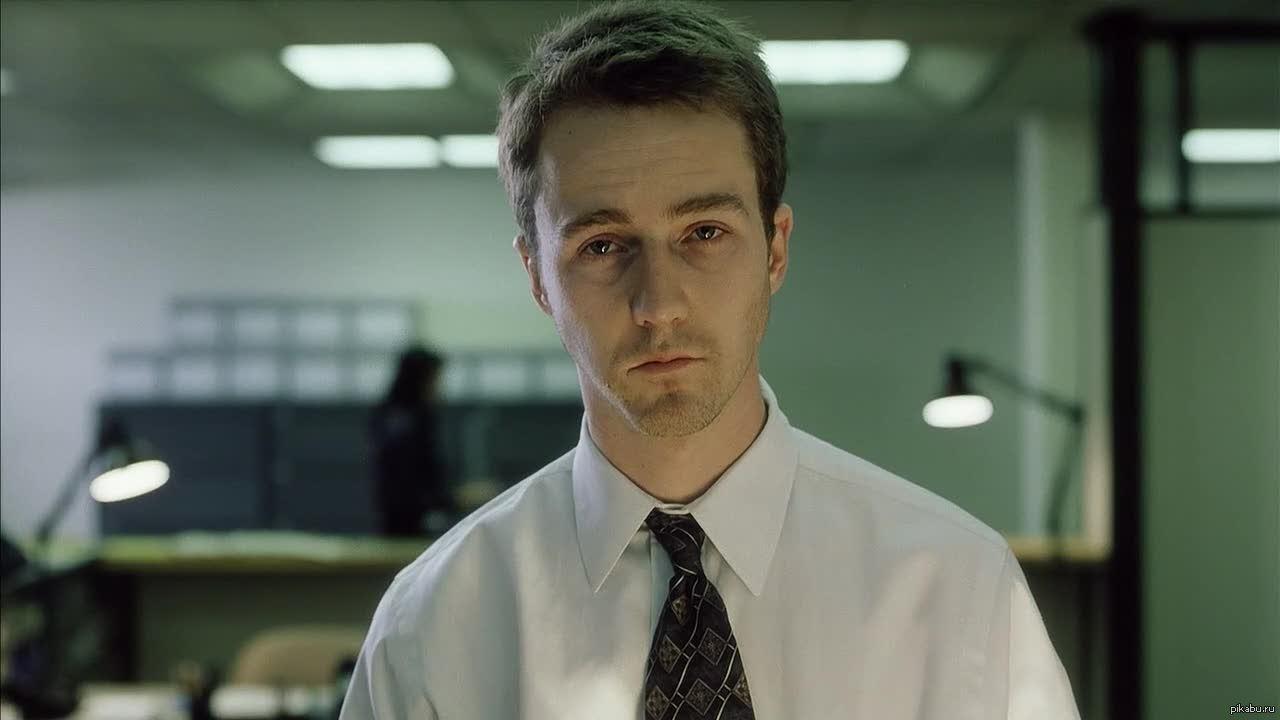
Fight Club (1999)
Director David Fincher’s Fight Club is one of the most essential examples of a film that really took its time to earn a reputation as one of the most idolized films ever made. Even with career-defining performances by Brad Pitt and Edward Norton, the provocative, darkly comic satire took in just a little over $37 million, despite a budget of $63 million.
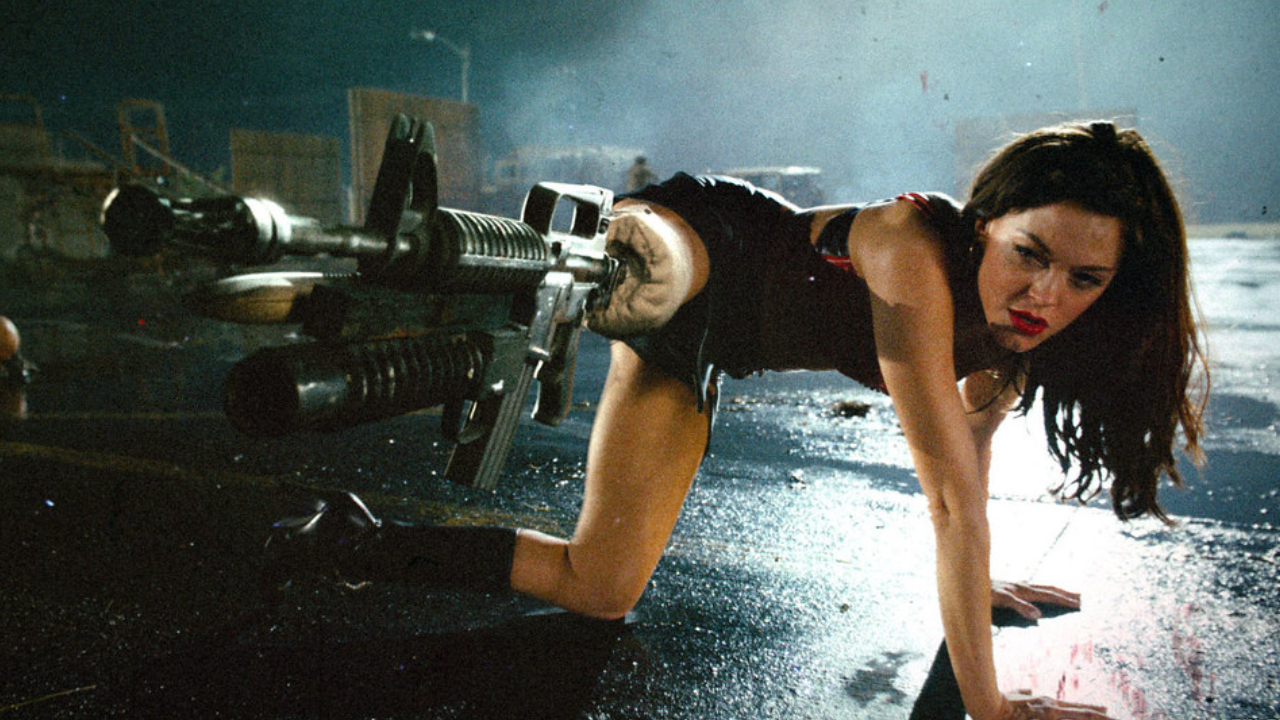
Grindhouse (2007)
Quentin Tarantino and Robert Rodriguez teaming up on a project that recreates a lost era of B-movie double features sounded like surefire hit, especially with only $67 million put up for it. Unfortunately, the 191-minute Grindhouse underperformed in its debut weekend, leading to separate distribution for Rodriguez’s Planet Terror and Tarantino’s Death Proof, and a domestic total of only more than $25 million by the end of its run.
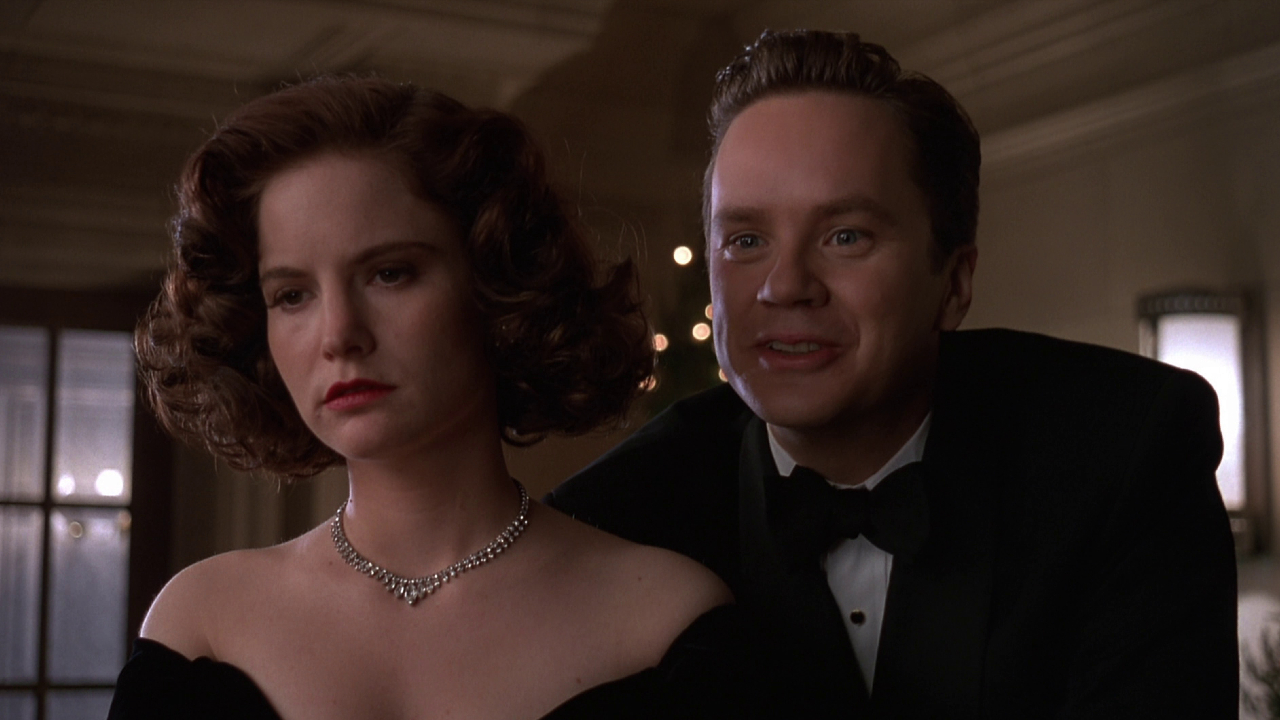
The Hudsucker Proxy (1994)
The biggest flop of Joel and Ethan Coen’s career — as reported by The Atlantic — was the 1950s-set industry satire, The Hudsucker Proxy. Even with the star power of Tim Robbins, Jennifer Jason Leigh, and Paul Newman, the dark comedy, which cost $25 million dollars to make, only made $2.8 million dollars domestically.
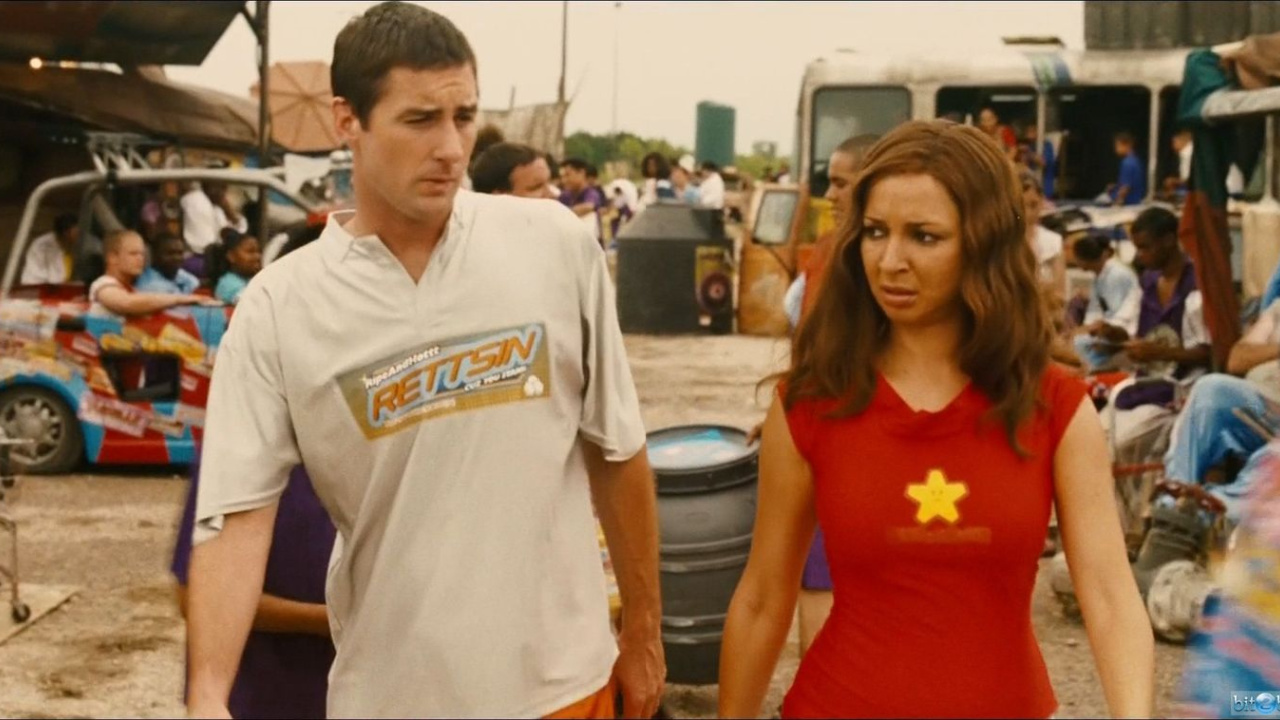
Idiocracy (2006)
Is it a sign that we are headed toward a future devoid of intelligence, like this smart satire predicts, that such a film only made a little more than $444,000 on a $2.4 million budget? In reality, writer and director Mike Judge’s cult favorite, Idiocracy, was — as a retrospective by Uproxx recalls — the victim of extremely small distribution (only 130 theaters) and the lack of a fair marketing campaign to promote it.
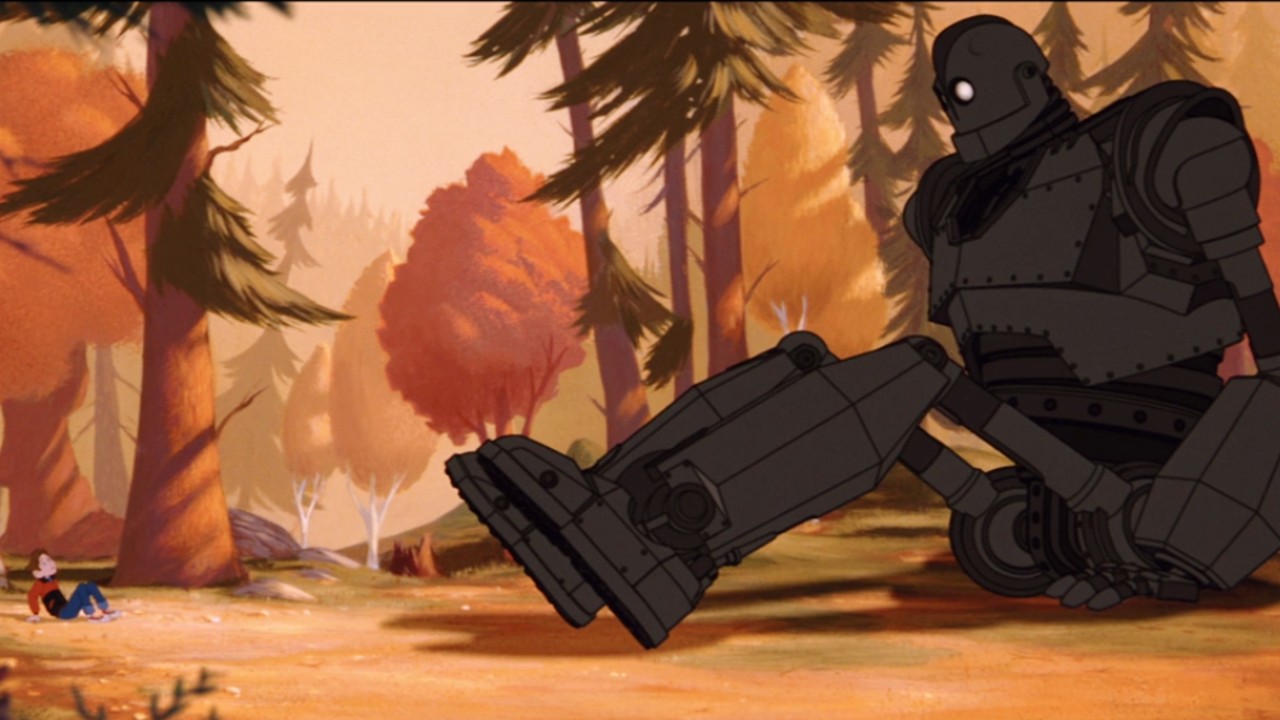
The Iron Giant (1999)
Before he earned millions, and Oscars with classic Pixar movies The Incredibles and Ratatouille, Brad Bird made his feature-length directorial debut with an ode to ’50s B-movies called The Iron Giant. The underrated animated movie cost Warner Bros. $70 million dollars, but, sadly, it only raked in $23 million domestically.
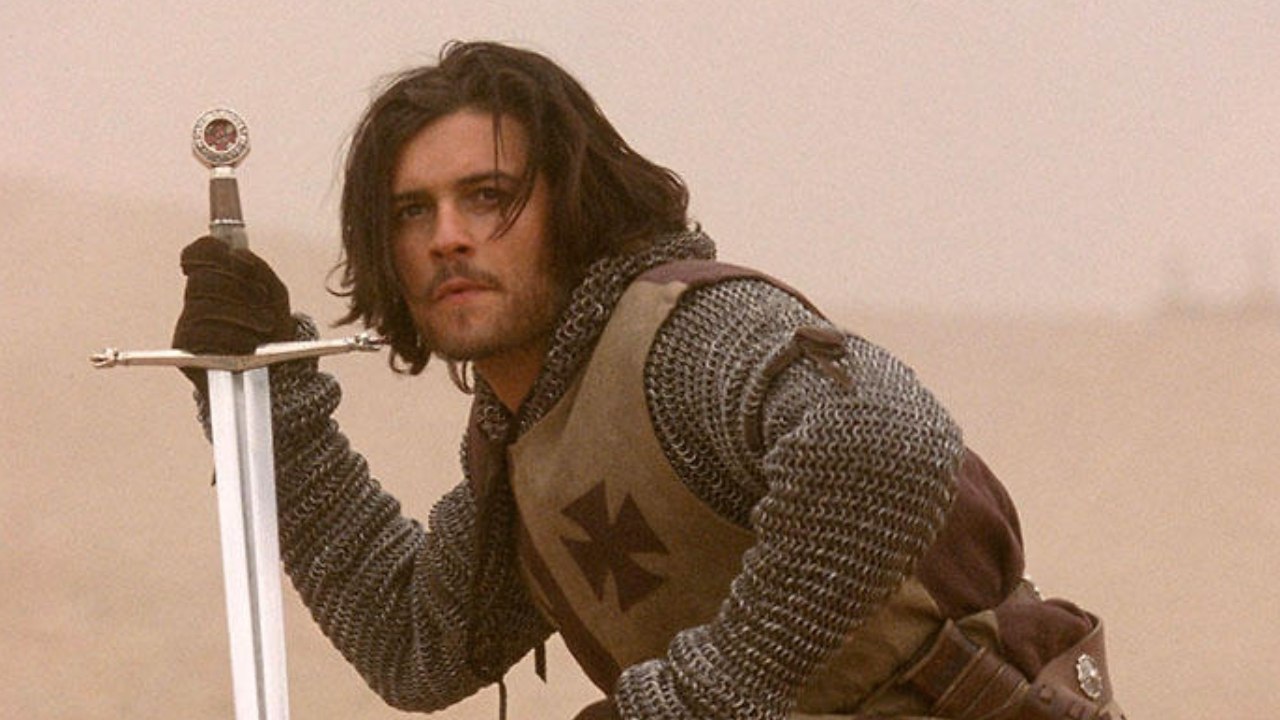
Kingdom Of Heaven (2005)
Director Ridley Scott has helmed a few very successful historical epics in his day — such as Best Picture Oscar winner Gladiator — but Kingdom of Heaven, unfortunately, is one of his least profitable, taking in only $47.4 million on a $130 million budget. However, most fans agree that theatergoers saw the lesser version of the Orlando Bloom-led dramatization of the Crusades, as most prefer the director’s cut.
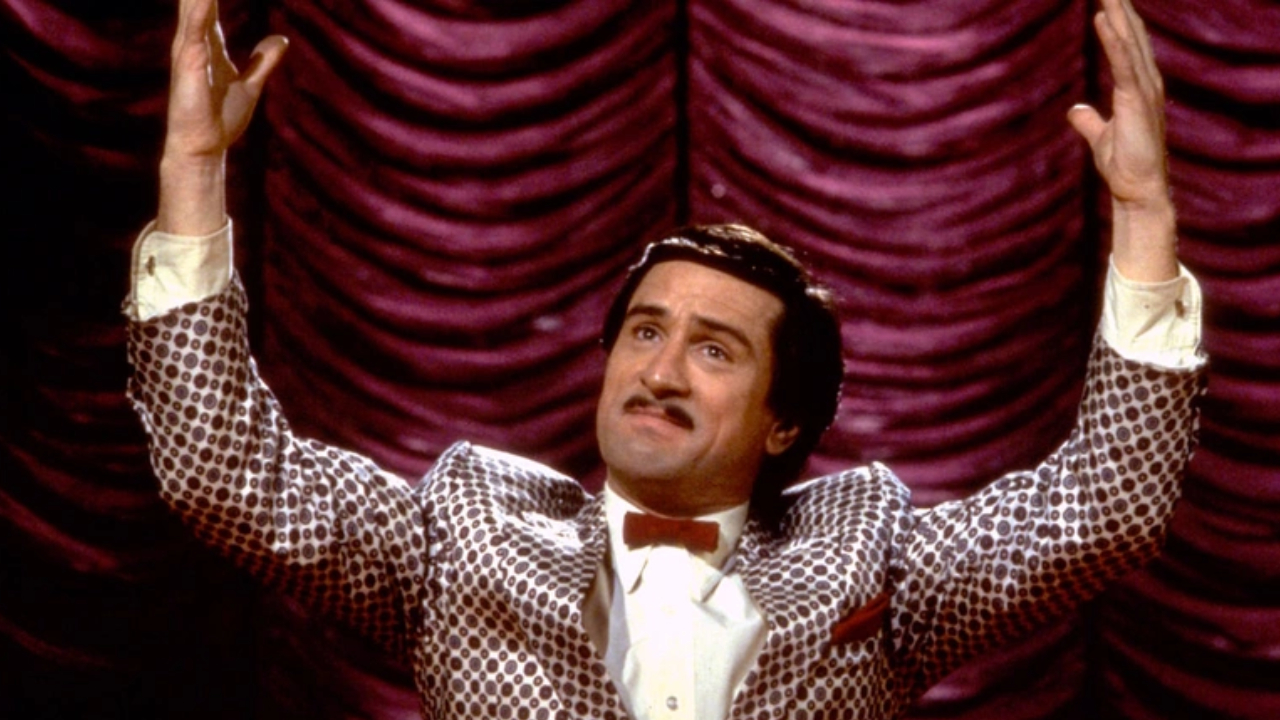
The King Of Comedy (1982)
Even a master of cinema like Martin Scorsese has had a few flops in his day, with one of the least profitable actually being one of his collaborations with Robert De Niro: The King of Comedy. According to Esquire, the story of an aspiring comedian driven to crime to achieve his dreams had a budget of $19 million, but only made back just a little more than $2 million.
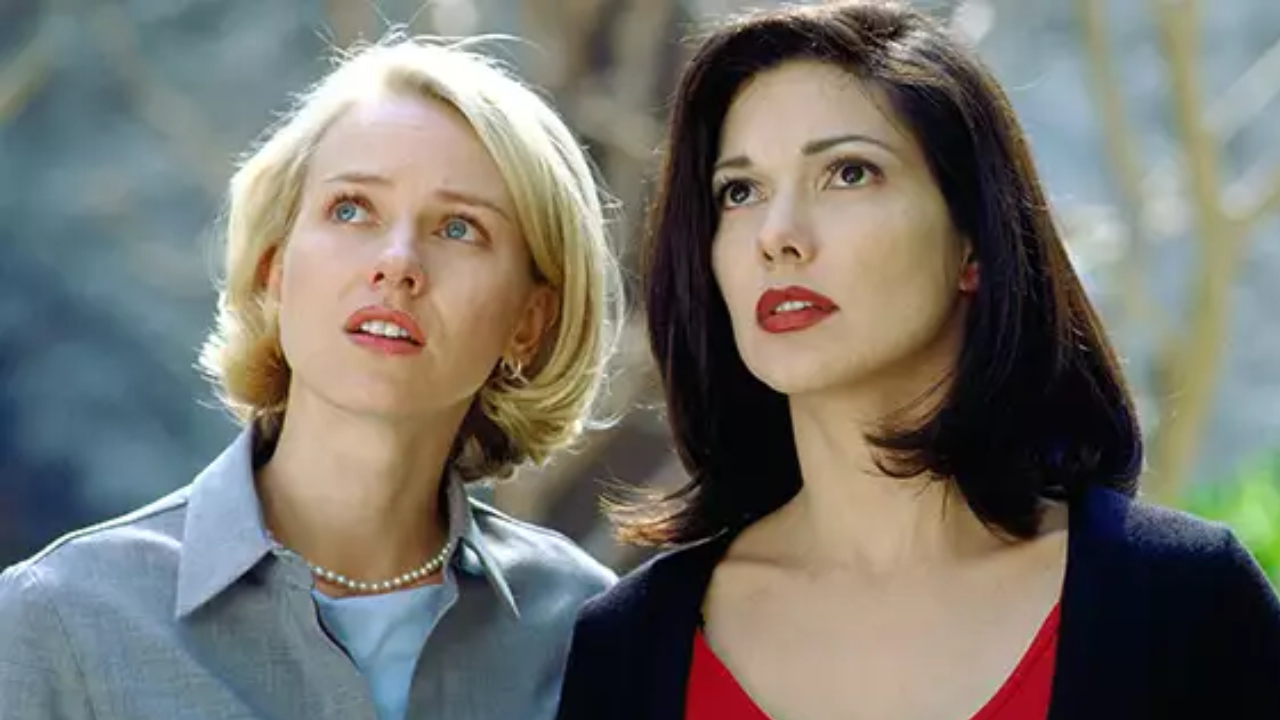
Mulholland Drive (2001)
David Lynch is one of cinema’s most inventive filmmakers, with most of his devoted followers citing the surreal Neo-noir thriller, Mulholland Drive, as his best film yet. Unfortunately, it is also one of his biggest box office bombs, barely making back half of its $15 million budget.
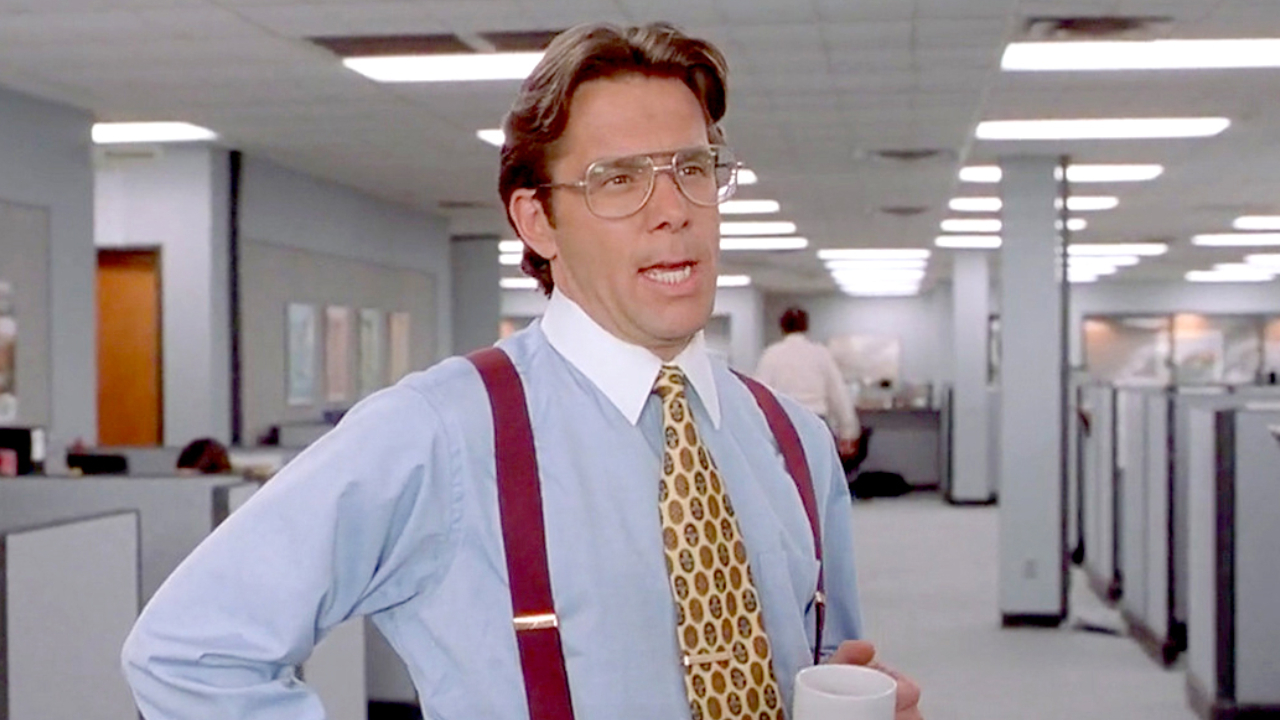
Office Space (1999)
Director Mike Judge’s Office Space is one of the sharpest, most quotable, and most beloved cult favorite comedies to come out of the ‘90s. However, people were not really showing the love in its initial theatrical run, during which — according to CNN — it made back its $10 million budget, but only profited less than a million.
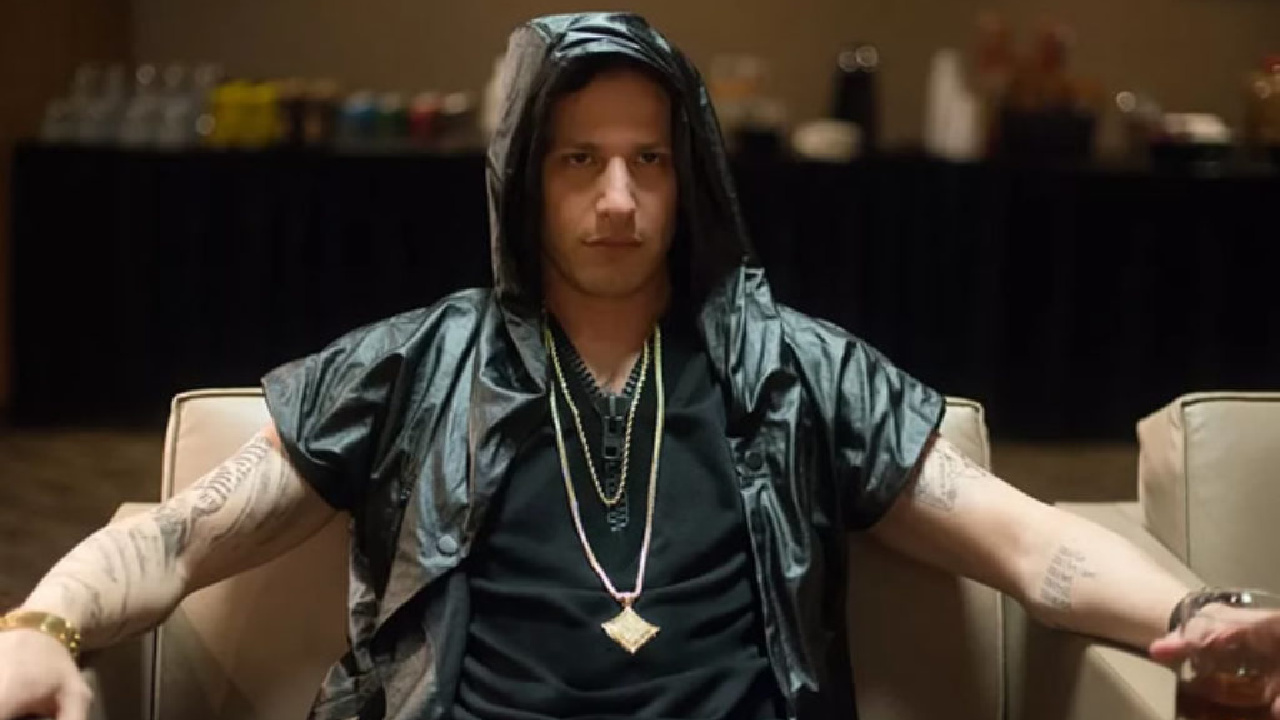
Popstar: Never Stop Never Stopping (2016)
The Lonely Island’s Popstar: Never Stop Never Stopping is hailed to this day as one of the funniest movies of 2016, which is why it is still surprising that the $20 million movie only brought $9.6 million. Andy Samberg has said he was not bothered by the mockumentary-style music industry satire bombing, but he, Jorma Taccone, and Akiva Schaffer did tell Collider that its very “[Justin] Bieber-driven” marketing was disappointing to them.
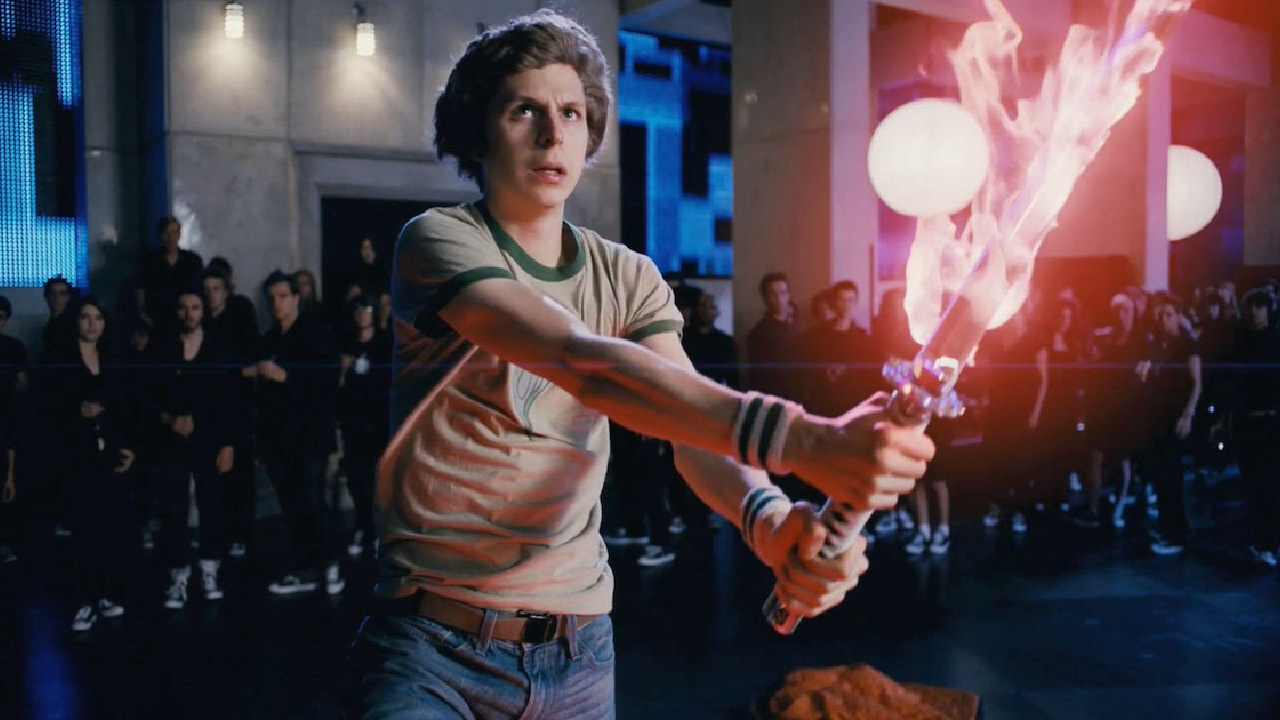
Scott Pilgrim Vs. The World (2010)
While Edgar Wright’s visually stunning, cleverly funny adaptation of Bryan Lee O’Malley’s series of popular graphic novels might be his defining achievement, it is also one of his biggest commercials failures, making only $33.2 million on a budget of $60 million. However, the filmmaker has told IndieWire that he does not measure the movie's success on its box office results, and an upcoming Netflix original Scott Pilgrim vs. the World anime series shows the love for it is still strong.
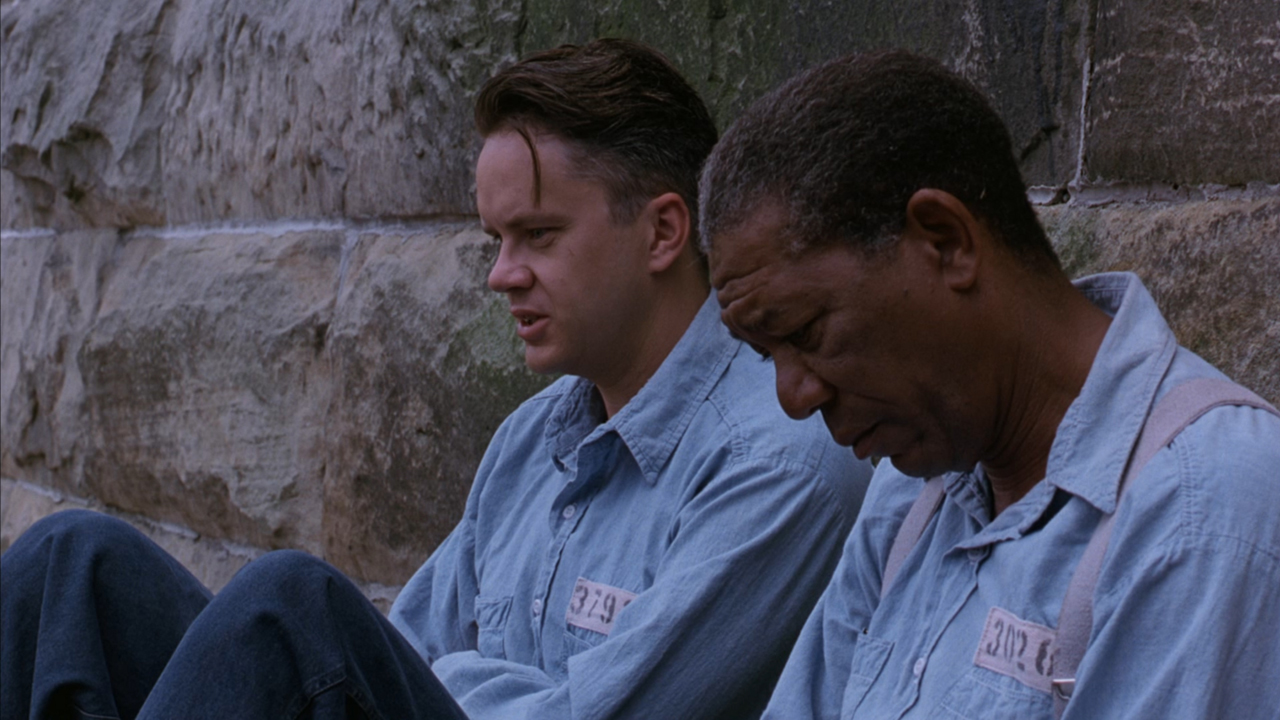
The Shawshank Redemption (1994)
Writer and director Frank Darabont’s The Shawshank Redemption is one of the most beloved Stephen King adaptations, but not one of the most financially successful. Even with Tim Robbins and Morgan Freeman giving powerful lead performances (the latter got an Oscar nomination), the $25 million prison drama made a profit just shy of $4 million.
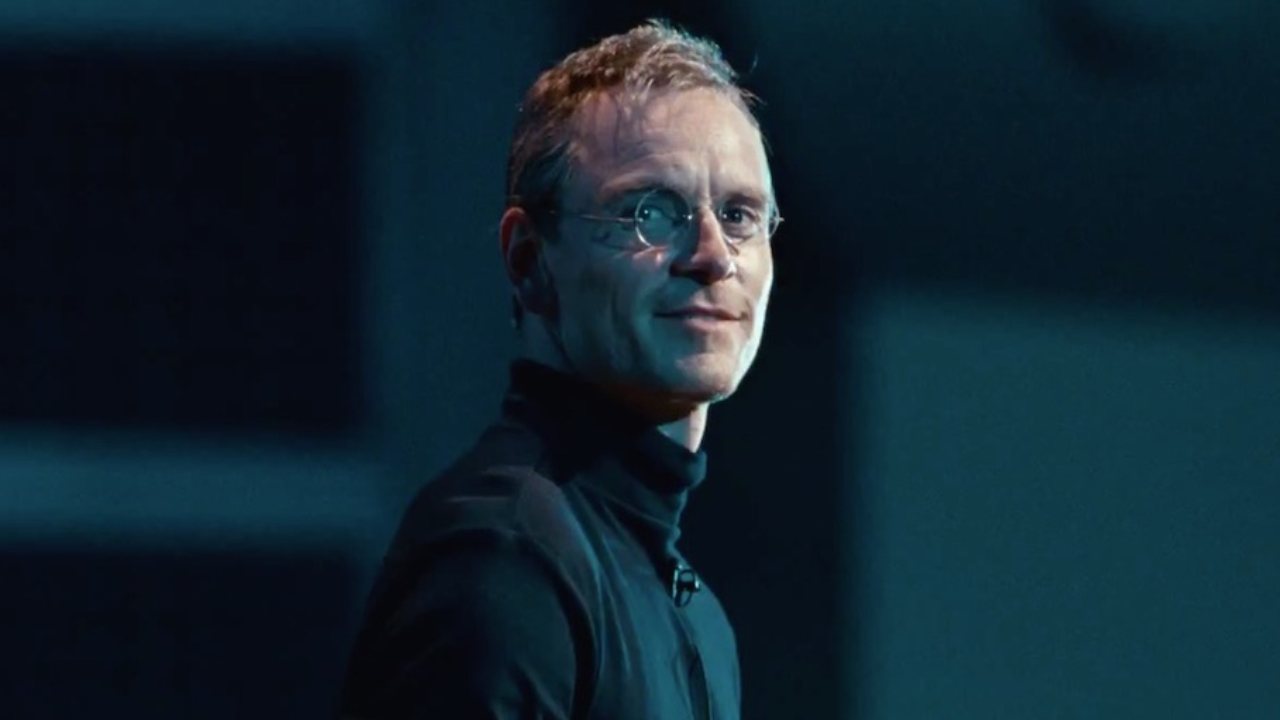
Steve Jobs (2015)
Most critics and audiences favor the Aaron Sorkin-penned, Danny Boyle-helmed, and Michael Fassbender-led drama based on the life of Apple’s founder over the one with Ashton Kutcher from 2013, Jobs. However, making $16 million on a $12 million budget, that one was the greater financial success, as the $30 million dollar Steve Jobs only brought in $17.8 million, with Boyle blaming its “too wide, too soon” release when speaking to BBC.

The Thing (1982)
Today, John Carpenter’s The Thing is considered a masterpiece of sci-fi and horror for its clever themes of paranoia and brilliant special effects, but it was neither a hit with critics nor audiences when it first came out, costing $15 million to make — according to Far Out Magazine — and bringing in just $13.8 million. Some of the cast and crew believe that the Kurt Russell-led film’s failure had something to do with the success of a more lighthearted alien movie that came out around the same time: E.T. the Extra-Terrestrial.
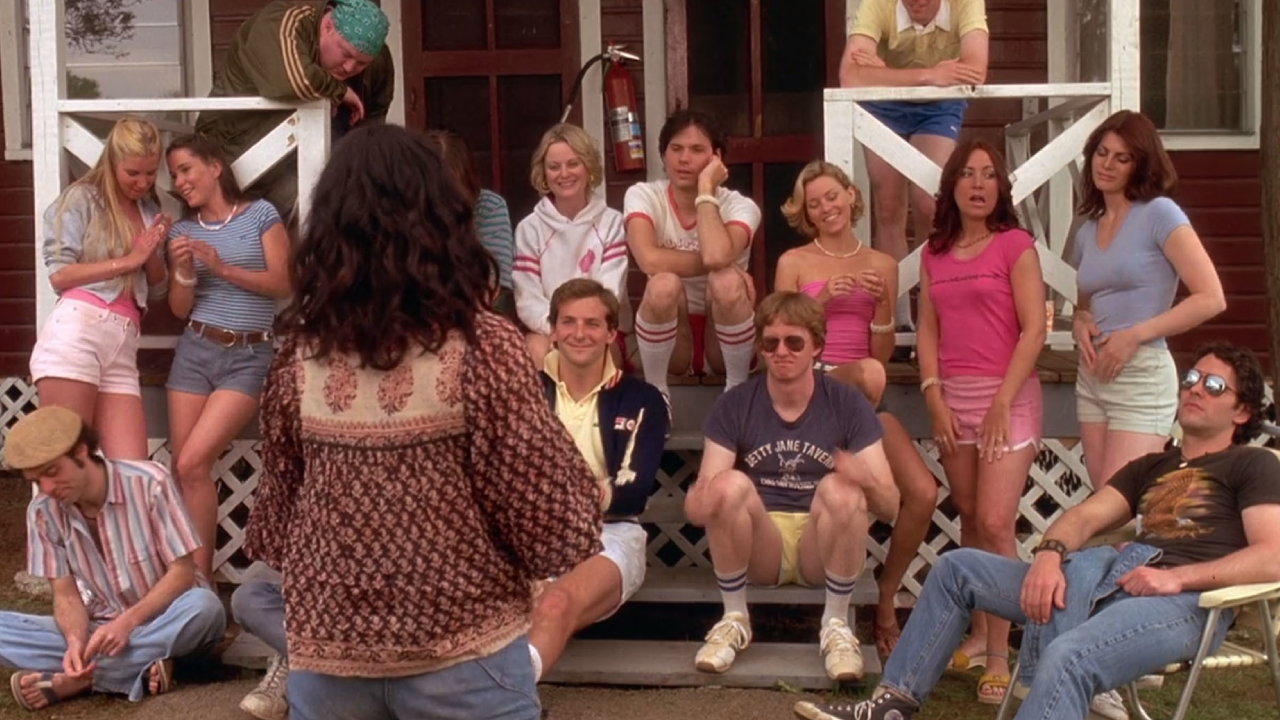
Wet Hot American Summer (2001)
The cult favorite comedy, Wet Hot American Summer, boasts a packed, star-studded ensemble that some films would only dream of having…but only retroactively. The cast — including the likes of Paul Rudd and Elizabeth Banks — still had a few years before hitting the A-list and its lack of star power (at the time) might have contributed to its extremely low box office returns, bringing in only $295,206 on a budget of just $1.8 million, according to EW.
By surviving diminishing box office returns on the road to becoming beloved classics, these movies prove that slow and steady does win the race.

Jason Wiese writes feature stories for CinemaBlend. His occupation results from years dreaming of a filmmaking career, settling on a "professional film fan" career, studying journalism at Lindenwood University in St. Charles, MO (where he served as Culture Editor for its student-run print and online publications), and a brief stint of reviewing movies for fun. He would later continue that side-hustle of film criticism on TikTok (@wiesewisdom), where he posts videos on a semi-weekly basis. Look for his name in almost any article about Batman.
